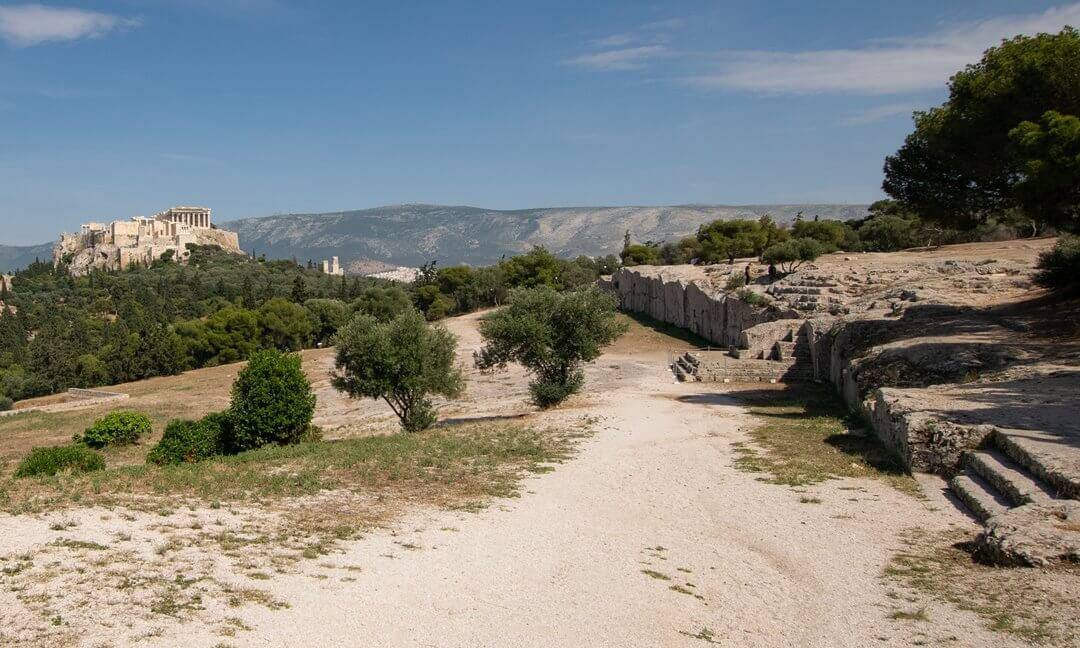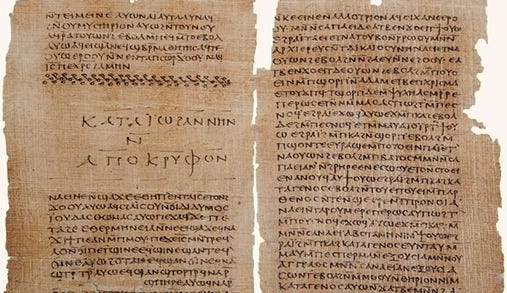Issue VIII: The Last One
Our last regular issue before a schedule change — with a guest essay by James Kierstead
Change is in the air at The Classical Futurist. Since September, we’ve been sending you issues bundling multiple essays at the beginning of each month. But starting in May, we’ll switch to a fortnightly schedule, in which you’ll receive a new essay every two weeks from one of our authors, in rotation. We’re excited about this change, since we think it will allow for more frequent and digestible dispatches.
This also means that the issue you’re reading right now — our eighth — is the last to assume this shape.
But what an issue it is! For the first time, we are publishing a special guest author: James Kierstead. James is a senior lecturer in classics at the Victoria University of Wellington in New Zealand. He specializes in democracy, ancient and modern. He's written for Quillete and Areo, organizes the Heterodox Classics community, and has his own Substack. His piece for The Classical Futurist, “Democratize Like an Athenian,” explores the lessons from ancient Greek democracy that we could apply to solve the challenges in governance today.
Our three regular authors also each contribute a piece. In “Are the Woke the New Gnostics?,” Caleb Ontiveros draws a fascinating comparison between the ancient Christian heresy of gnosticism and modern progressive politics. Both are rejections of mainstream origin myths, and they share a number of surprising characteristics.
Inspired by the anniversary of Julius Caesar’s assassination, on the 15th of last month, Sachin Maini wrote “Meditation on the Ides of March.” Caesar was by all accounts a competent and wise statesman, and the projects he was working on as dictator right before his death could have completely changed the Roman Republic and the history of the world.
Lastly, Étienne Fortier-Dubois reflects on the idea of live-action role play, from neopaganism to modern religion to writing about antiquity. As important as fun and aesthetics are, projects like The Classical Futurist must be mindful of bias in order to do serious work. LARPing is fine, but we don’t want to be “LARPing Up the Wrong Tree.”
We hope you enjoy this eighth and last regular edition of The Classical Futurist. See you in a month with a different format.
Issue VIII, April 2022: Contents
Democratize Like an Athenian
On what the ancient Greeks can teach us about the workings of modern democracy and the need for democratic renewal. Democratic states are viable, but they may require more experimentation and less elitism. A guest post by James Kierstead.
Are the Woke the New Gnostics?
On the similarities and differences between gnosticism, a Christian heresy that flourished in the first and second centuries, and modern progressivism or wokeness. A synthesis by Caleb Ontiveros.
Meditation on the Ides of March

On the accomplishments of Julius Caesar — the ones he managed to do, and the ones he might have done if he hadn’t been killed on March 15th, 44 BC. A speculative essay on what the history of Europe could have looked like, by Sachin Maini.
LARPing Up the Wrong Tree
On pagan revivalism, genuine (or not) religious belief, and the twin pitfalls of role-playing: not taking seriously enough things that could be good, and taking too seriously things that are fun but bad. A partial self-critique by Étienne Fortier-Dubois.
If you like The Classical Futurist, please don’t hesitate to share this summary or any of the individual articles.




